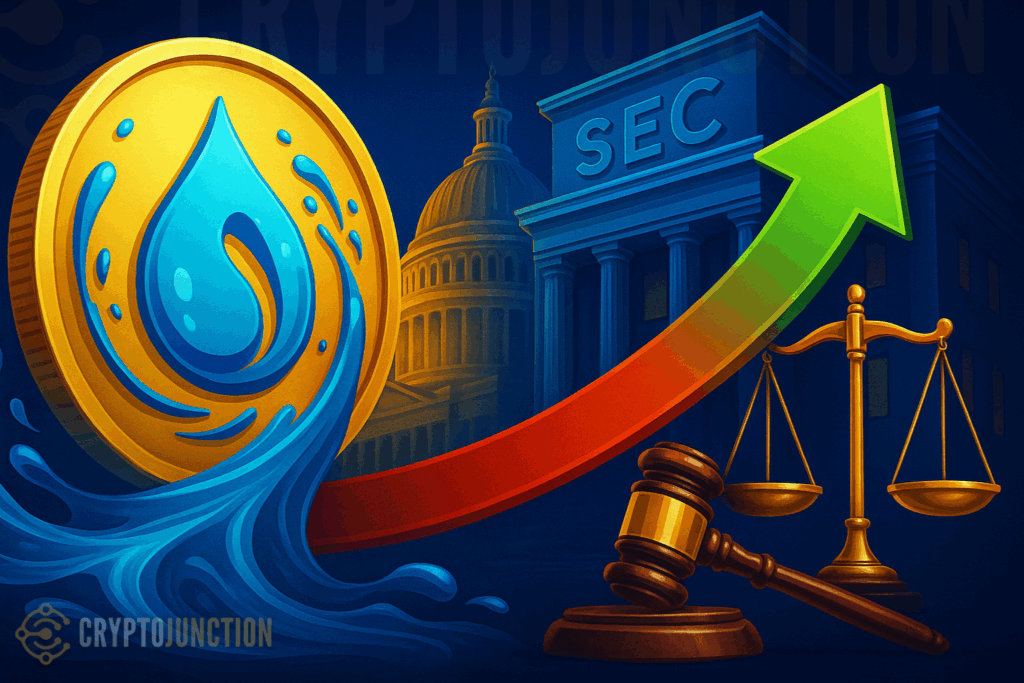In a historic shift the U.S. Securities and Exchange Commission (SEC) has reported liquid staking activities and the tokens which they issue will not be classified as securities, if that which falls in this category meets certain criteria. In the report issued August 5, 2025 which went out under the SEC’s Project Crypto initiative we see a turn point in crypto regulation in the U.S. Indeed, SEC’s stance on liquid staking has set a notable precedent.
This report, which puts to rest the questions that investors have had for so long, also marks a new stage of development in a business that is worth $67 billion and is a global force to be reckoned with.
What Exactly Did the SEC Say?
SEC reported that liquid staking tokens which are put out at issue when users lock in crypto assets with a staking provider will not be classified as investment contracts if the providers only fulfill basic admin functions and do not have a hand in how assets are staked. In essence, the SEC’s liquid staking guidance focuses on the provider’s role.
Here’s what the SEC outlined:
- No managerial control: Providers are unable to determine when or how much crypto to stake.
- Protocol-based earnings only: Rewards have to come from the blockchain protocol, not the staking company’s business.
- Receipt tokens ≠ securities: Tokens must exactly represent ownership.
This is that platforms like Lido, Coinbase, and Binance, if they play by these rules, may offer liquid staking without breaking securities laws.
A Win For Institutions And ETFs
At just the right time. For a while institutions had been waiting on the sidelines regarding liquid staking because of regulatory issues. With this clarity now large players may move in to explore SEC-governed liquid staking opportunities.
Why it matters:
- Better capital efficiency: Fund managers may now use liquid staking tokens (LSTs) which require no constant rebalancing.
- ETF integration: Projects at VanEck, Bitwise, and BlackRock may see the inclusion of staking in crypto ETFs which could be the case with Ethereum and Solana funds.
- DeFi boost: Retail users will see more of a platform which offers staking without lockups which in turn increases yield.
Experts report that this is the final issue for Ethereum spot ETFs with included staking rewards.
Not Everyone’s Cheering
Despite wide support the issue isn’t universal. Commissioner Caroline Crenshaw put forth a different view which she issued sharply: that the ruling is a “shaky structure of assumptions” and that it does not provide legal certainty. She mainly put forth that:.
- It’s not legally binding
- In cases which exactly fit the given assumptions.
- It leaves investors with fewer protections
Still Chairman Paul Atkins’ aggressive plan for which is to restructure U.S. finance and put the country in the role of the “crypto capital of the world” the guidance supports. While liquid staking generates attention, debates continue surrounding SEC’s role in this aspect.
Bottom Line
The U.S. is set to adopt crypto innovation within sensible rules. As the $67 billion liquid staking field grows and ETF applications pour in, this may be the break into a large scale institutional play.
Next what? The SEC’s decision on stake in Ethereum ETFs and possibly a global rush to follow.

